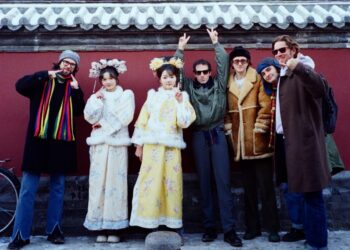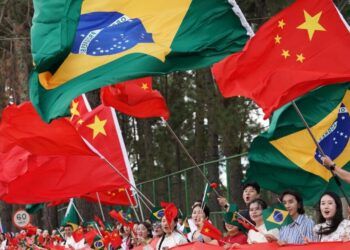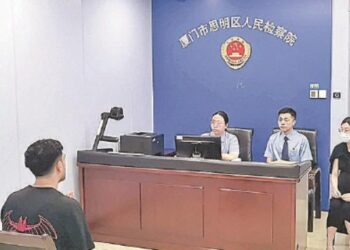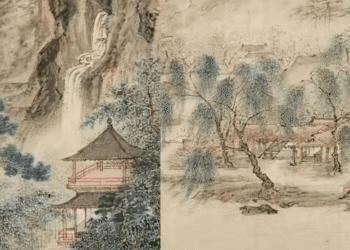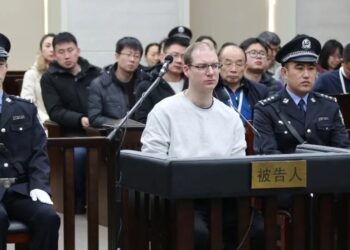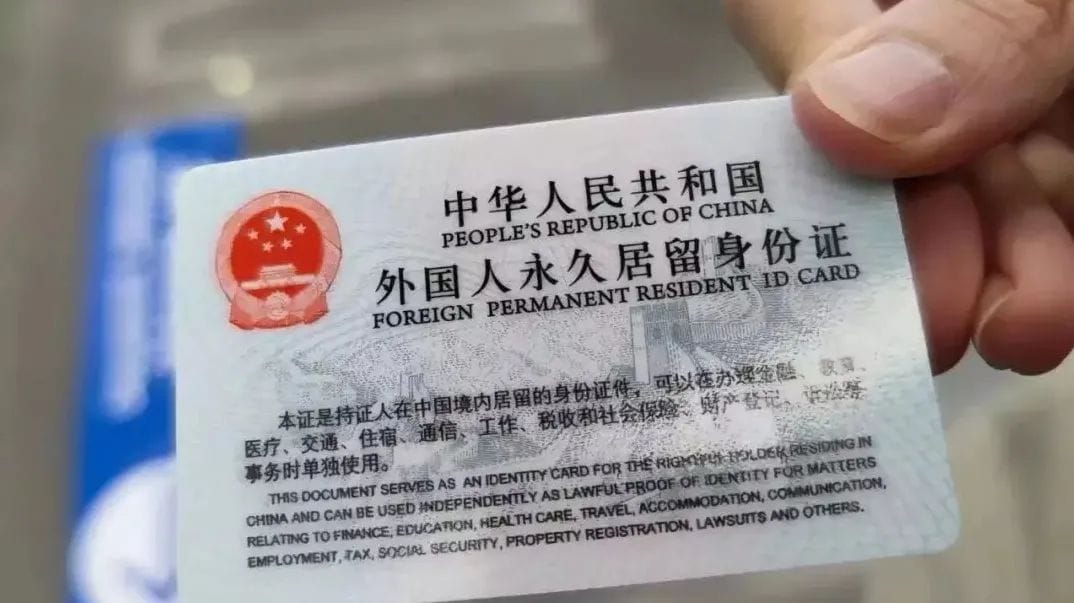
In June, the China Internet Joint Rumor Refutation Platform reviewed and summarized data on monitoring and netizens’ reports about online rumors. The primary focus of these rumors was on hot topics like disasters, exam and recruitment policies, and travel information.
The platform noted that rumor spreaders employed tactics such as fabrication, exaggeration, and misrepresentation to create falsehoods. These actions disrupted public perception, interfered with flood control and disaster relief efforts, and disrupted the order of exam and recruitment processes, ultimately harming public interests and causing negative impacts.
Disaster-Related Rumors
Regarding disaster-related rumors, individual we-media accounts and netizens took advantage of the flood season, which saw frequent natural disasters across the country, to fabricate or exaggerate disaster situations. This disrupted normal disaster relief efforts and caused public anxiety and panic. For instance, rumors like “floodwater flowing into underground parking garages in Zhengzhou, Central China’s Henan Province” and “heavy rains triggering mudslides that destroyed numerous homes in Guilin, South China’s Guangxi Zhuang Autonomous Region” either distorted facts, rehashed old news, or were completely fabricated, misleading the public about actual events.
Recruitment-Related Rumors
In the realm of college and senior high school recruitment, rumors often involved fraudulent activities that harmed public interests. Some institutions impersonated official authorities to conduct paid consultation activities for college entrance examinations and admissions, scamming candidates and parents. Other institutions and individuals used social media to scam job applicants by charging “service fees” and “consultation fees” during the job-hunting process.
Tourism-Related Rumors
As the vacation peak season approached, tourism-related rumors also increased, disturbing public opinion. One such rumor claimed that “each person receives a subsidy of 3,169 yuan for traveling to Southwest China’s Yunnan Province,” which seriously misrepresented Yunnan’s tourism policy and was entirely false. Other rumors, such as “Mount Qomolangma being closed indefinitely” and “merchants spreading nails on the Duku Highway in Usu city, northwest China’s Xinjiang Uygur Autonomous Region to earn money for tire repairs,” were either misunderstandings or distortions and sensationalism, causing public concern about local culture and the tourism industry.
Other Social Rumors
Moreover, some we-media and netizens fabricated social events, concocted false information, misled public understanding, and disrupted social order. For example, the rumor about “a livestock farm in Deyang, Southwest China’s Sichuan Province, falsely reported inventory to fraudulently obtain 200 million yuan in subsidies” fabricated facts and seriously damaged the credibility of policies benefiting farmers and agriculture. Another rumor, stating that “Yongfu Temple in Hangzhou, East China’s Zhejiang Province was sold for 70 million yuan,” used sensational headlines to attract attention maliciously, causing negative social impacts.
With the peak of the summer vacation travel season and college admissions approaching in July, rumors and scams related to travel, traffic safety, enrollment policies, and job markets are expected to appear more frequently. The China Internet Joint Rumor Refutation Platform reminded the public to maintain a calm, rational, and objective attitude, and to enhance their ability to identify, distinguish, and prevent rumors effectively.
Measures for Strengthening Urumqi’s Talent Pool
To effectively implement strategies for strengthening the city through talent and driving innovation, Urumqi has formulated measures to reform the international talent service management system and attract more high-end foreign talent for innovation and entrepreneurship.
Permanent Residence for Foreign Workers:
Foreigners working in Urumqi who meet the following criteria can apply for permanent residence in China at the public security exit-entry administration:
- Continuous work for 4 years.
- Residence in China for at least 6 months each year.
- Annual salary not less than 6 times the average salary of employees in Urumqi for the previous year.
- Payment of personal income tax not less than 20% of the annual salary.
Their foreign spouses and minor children can apply for permanent residence in China simultaneously.
Residence Permits for Foreign Students:
- Foreign students graduating from internationally renowned universities who come to Urumqi for innovation and entrepreneurship within 2 years after graduation can apply for a private affairs residence permit (marked “entrepreneurship”) valid for up to 2 years with their diploma (degree) certificate.
- Foreign students from overseas universities invited to intern by well-known domestic enterprises and institutions can apply for a private affairs visa (marked “internship”) valid for up to 1 year with an invitation letter from the inviting unit and proof of enrollment.
- Foreign students from overseas universities interning in China based on intergovernmental agreements can apply for a work residence permit as per regulations.
Work Permits for High-End Foreign Talents:
Facilitate the application, extension, and cancellation of work permits for high-end foreign talents (Category A) working in Urumqi, granting work permits up to a maximum of 5 years.
Relaxation of Restrictions for High-End Talents:
High-end foreign talents (Category A) working in Urumqi are not subject to age, education, and work experience restrictions. For those with genuine needs, including innovative and entrepreneurial talents, professional skills talents, outstanding foreign graduates, foreign professional talents scoring over 60 points, and foreign professional talents implementing intergovernmental agreements (Category B), the age limit is extended from 60 to 65 years, and educational and work experience restrictions can be appropriately adjusted.
These measures aim to facilitate the work of foreigners in Urumqi and attract and gather more high-end foreign talent for innovation and entrepreneurship.

